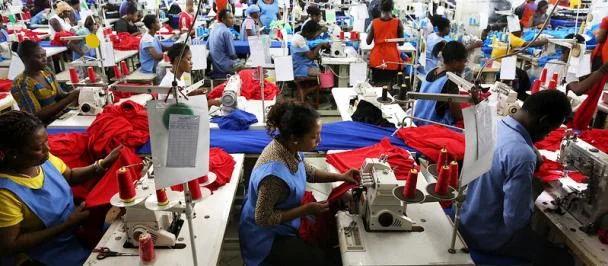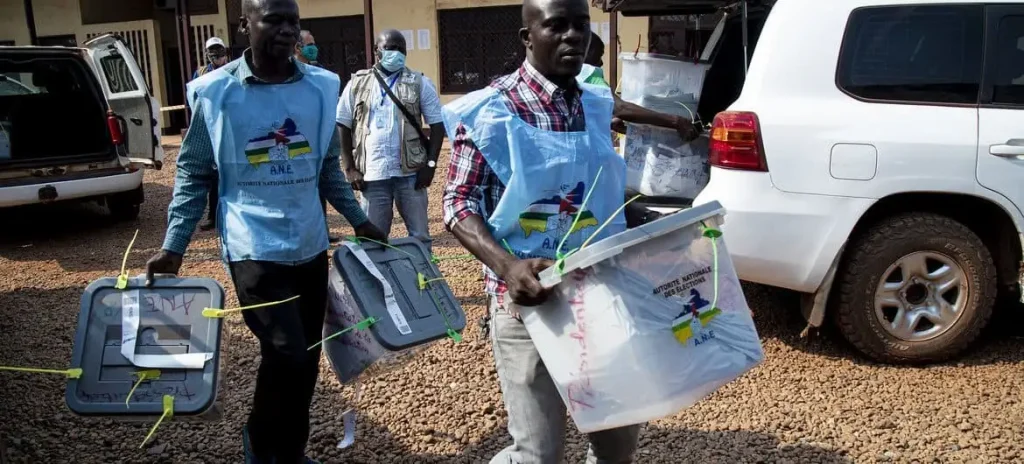The Covid-19 pandemic has significantly disrupted Ghanaian businesses, with a survey by the Ghana Statistical Service (GSS), United Nations Development Programme (UNDP), and World Bank reporting that 770,000 workers (25.7% of the workforce) faced wage cuts, 42,000 were laid off, and nearly 700,000 experienced reduced working hours during Ghana’s partial lockdown in 2020. Conducted from May 26 to June 17, 2020, the Covid-19 Business Tracker Survey interviewed 4,311 firms nationwide.
Shift to Digital Solutions
Approximately 244,000 firms adapted by adopting digital solutions like mobile money and internet sales, with 56% of agriculture and other industry firms leading the shift, compared to only 28% in the accommodation and food sector. UNDP’s Fredrick Mugisha emphasized that supporting small and medium enterprises (SMEs) in digital adoption could enhance productivity and resilience.
Supply and Demand Shocks
Businesses faced significant supply and demand challenges, with 131,000 firms reporting difficulties accessing finance and uncertainty in the business environment. Sales dropped by an estimated 115.2 million Ghana Cedis, particularly affecting trade and manufacturing sectors. Over half of the firms struggled to source inputs due to unavailability or rising costs, exacerbating revenue shortfalls.
Government Support and Policy Needs
The government introduced measures like the GH¢600 million Stimulus Package and the Coronavirus Alleviation Programme to support SMEs and protect jobs. However, the survey highlighted low awareness of these initiatives, urging better communication. Firms called for liquidity support through subsidized interest rates, cash transfers, and tax deferrals, alongside efforts to restore supply chains, provide credit guarantees, and boost access to foreign markets.
Ongoing Uncertainty
Despite relaxed lockdown measures, firms expressed high uncertainty about sales and employment prospects over the next six months. World Bank Country Director Pierre Laporte noted the need for sustained support to mitigate the pandemic’s impact and build resilience in Ghana’s private sector, aligning with the global Business Pulse Survey conducted in over 40 countries.






